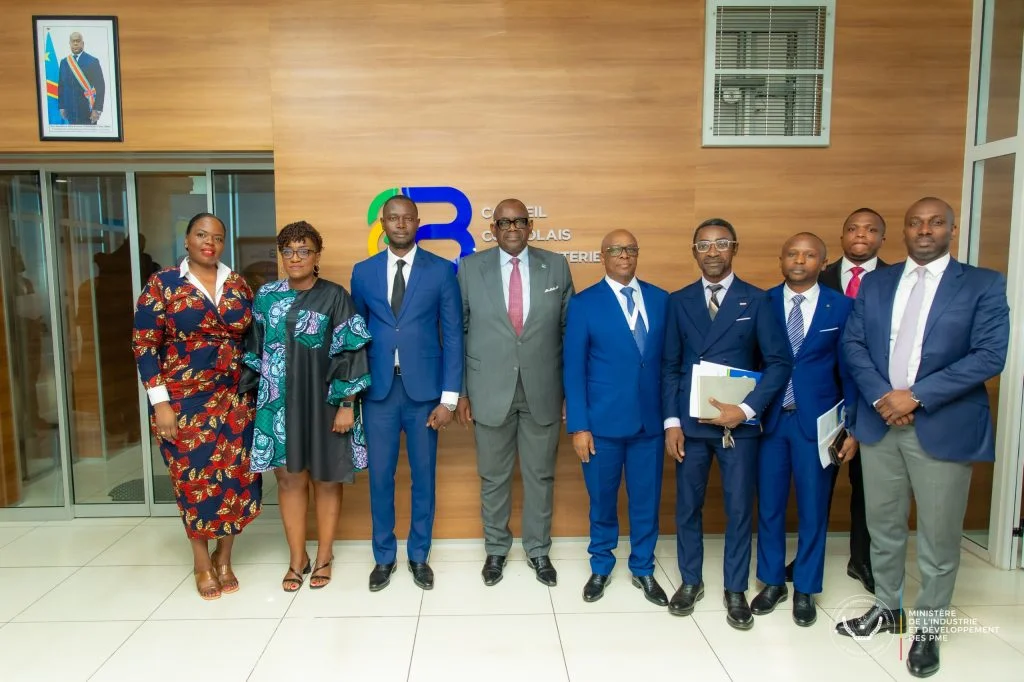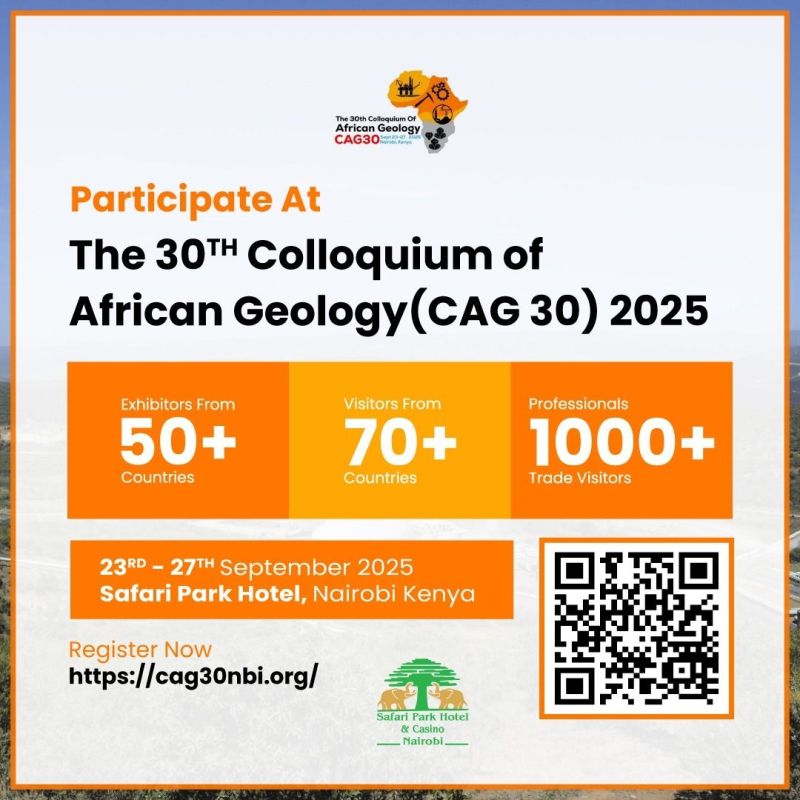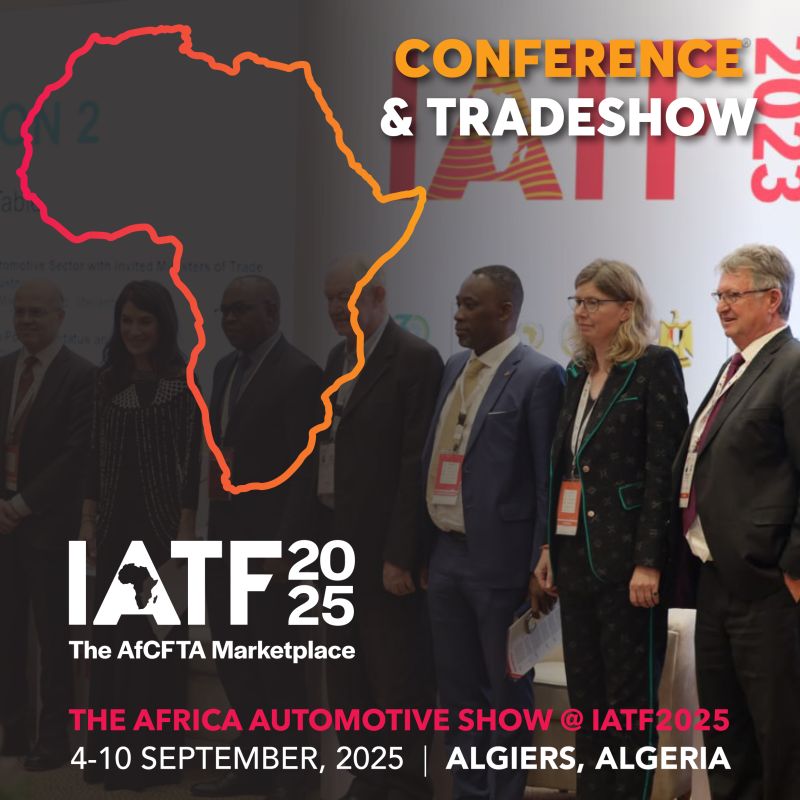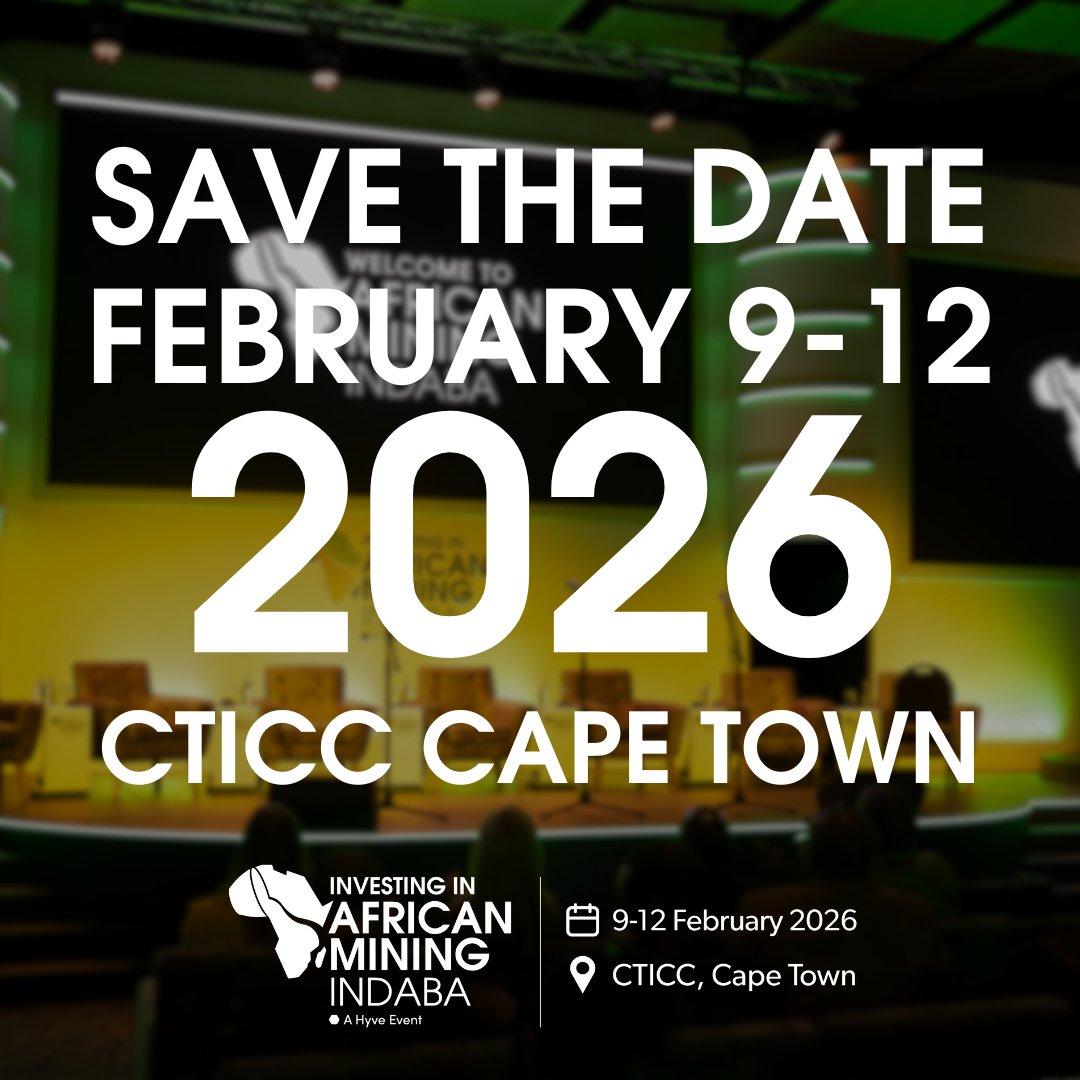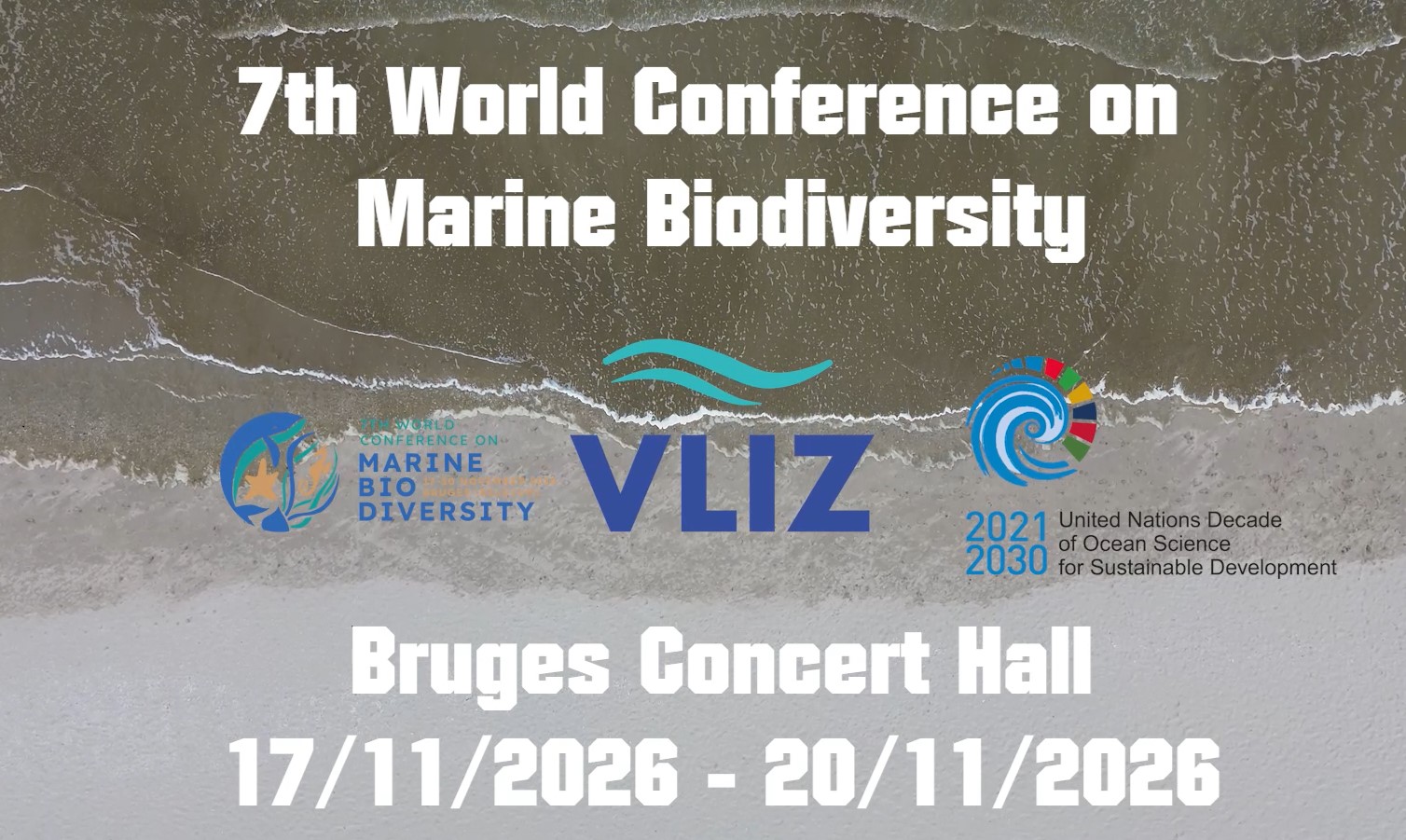The Democratic Republic of Congo (DRC) has appointed seasoned mining executive Louis Watum Kabamba as the new minister of mines in a cabinet reshuffle, a move that comes at a pivotal time for the nation’s mineral sector. The announcement, made by the government on Friday, replaces outgoing minister Kizito Pakabomba and positions Watum at the center of crucial policy decisions on foreign investments and cobalt export regulations.
Congo, the world’s largest supplier of cobalt—a key ingredient in electric vehicle batteries—sits on some of the most sought-after reserves of lithium, tin, copper, and other strategic minerals. This reshuffle comes as Kinshasa participates in peace talks in both Washington and Doha. These negotiations, backed by the administration of US President Donald Trump, aim to secure peace with Rwanda-backed M23 rebels. The ongoing conflict has claimed thousands of lives and displaced hundreds of thousands more in 2025 alone, posing both humanitarian and economic challenges. The talks are seen as essential to attracting Western investment into the DRC’s mining sector.
One of the most pressing issues Watum will face is the government’s review of the national ban on cobalt exports. Initially implemented in February and extended in June, the ban was designed to stimulate domestic refining and encourage industrialization. However, policymakers are now debating whether to prolong the ban or replace it with a quota-based system. Such a system could regulate exports while still supporting the development of local processing facilities.
Read Also: Decline in project finance worsening Africa’s commodity dependence
Watum brings an impressive track record to his new role. Before his ministerial appointment, he served as minister of industry and small and medium enterprise development. His career includes leadership positions with Ivanhoe Mines, Barrick Gold’s Kibali project, Kamoa Copper, and the Congo Chamber of Mines. Industry observers, such as Zack Hartwanger, head of commercial for Africa at Swiss-based commodity trader Open Mineral, say Watum is likely to adopt a commercially driven approach. “Watum is commercially minded and pro-mining. His approach is likely to prioritize trade and investment over political considerations, especially on cobalt,” Hartwanger said.
According to Hartwanger, Watum is expected to favor the proposed quota system, with allocations leaning toward larger producers capable of generating significant employment opportunities and contributing to social development projects. At the same time, he is expected to ensure that smaller mining operators maintain access to export markets, striking a balance between industrial growth and inclusivity in the sector.
The reshuffle also saw the inclusion of opposition politicians, signaling a possible effort toward broader political cooperation. Floribert Anzuluni was named minister of regional integration, while Adolph Muzito was appointed budget minister. However, key figures such as Prime Minister Judith Suminwa and the ministers of foreign affairs, defense, and interior remain unchanged, suggesting stability in the government’s core leadership team.
Watum’s appointment comes at a time when the global demand for critical minerals is surging due to the transition to clean energy and electric mobility. His challenge will be to position Congo as both a reliable supplier and a beneficiary of its mineral wealth, ensuring that the economic gains translate into tangible improvements for local communities. Industry stakeholders will be watching closely as he navigates the complex interplay of investment, regulation, and socio-economic development in one of the world’s most resource-rich yet politically challenging environments.


